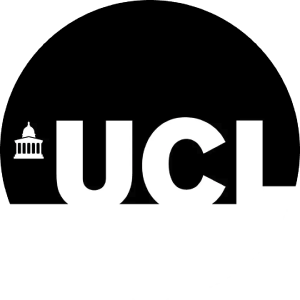
Top universities from United Kingdom
The cost of studying in the UK is higher than in many other European countries, but one advantage is that most undergraduate degrees only take three years to complete, and most post-graduate programs take one year. Many UK universities are at the forefront for a reason: they expect dedication and hard work from their students. However, the professional opportunities after graduation, either in the UK or in other countries, make the effort worthwhile for many students.

Oxford University
📖 43 colleges & Bodleian Library – unique tutorial teaching style.
🏙️ A historic town perfect for focused study & student life.

University of Cambridge
🚣 Located on the River Cam, where 20% of residents are students.
🔬 A powerhouse of innovation & economic growth in the UK.

Imperial College London
🌐 Global research & entrepreneurship opportunities.
📍 Modern London campus built for the future.

University College London (UCL)
🌎 50% international students; campuses in Qatar & Australia.
🧠 Teaching students how to think, not what to think.

University of Edinburgh
📚 400 programs across 60 subjects – research-driven education.
🌍 Among the world’s top 20 most international universities.

London School of Economics (LSE)
🏛️ Located in central London, close to global opportunities.
👥 35+ world leaders graduated, strong focus on critical thinking.
Top universities from United Kingdom
The cost of studying in the UK is higher than in many other European countries, but one advantage is that most undergraduate degrees only take three years to complete, and most post-graduate programs take one year. Many UK universities are at the forefront for a reason: they expect dedication and hard work from their students. However, the professional opportunities after graduation, either in the UK or in other countries, make the effort worthwhile for many students.

Oxford University
📖 43 colleges & Bodleian Library – unique tutorial teaching style.
🏙️ A historic town perfect for focused study & student life.
University of Cambridge
🚣 Located on the River Cam, where 20% of residents are students.
🔬 A powerhouse of innovation & economic growth in the UK.
Imperial College London
🌐 Global research & entrepreneurship opportunities.
📍 Modern London campus built for the future.
University College London (UCL)
🌎 50% international students; campuses in Qatar & Australia.
🧠 Teaching students how to think, not what to think.
University of Edinburgh
📚 400 programs across 60 subjects – research-driven education.
🌍 Among the world’s top 20 most international universities.
London School of Economics (LSE)
🏛️ Located in central London, close to global opportunities.
👥 35+ world leaders graduated, strong focus on critical thinking.



















.avif)











